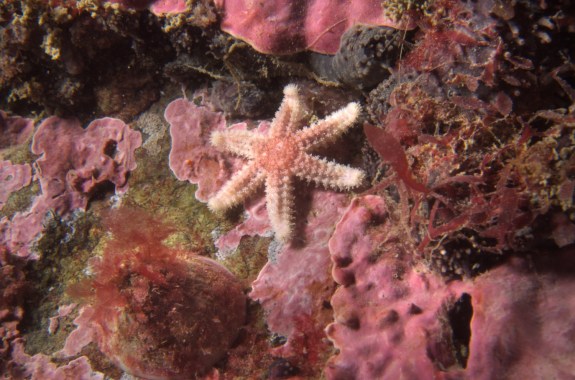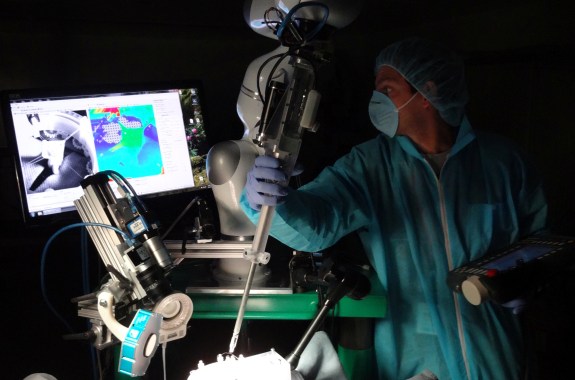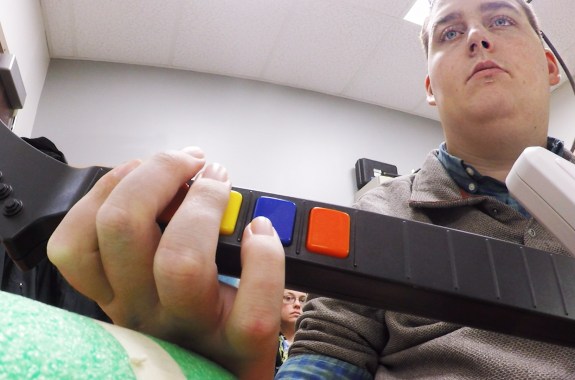Christopher Intagliata was Science Friday’s senior producer, which means he was chief cheerleader for all the radio and podcast projects. He helped to select and shape stories, or put them to a gentle death if necessary. He was also the coordinating producer for Science Friday’s live stage events around the nation, and has skated Olympic ice and served as a prop in an optical illusion for SciFri.
Christopher started at Science Friday as an intern in summer 2008, until the day Ira Flatow called him at home, triggering enormous anxiety about the latest script he’d written, to ask if he wanted to be a producer. His favorite stories usually involve microbes or food or both, but anything can pique his interest—other than ocean chemistry. Sorry.
He also reports regularly for Scientific American‘s “60-Second Science” podcast, and was a 2015 Woods Hole Ocean Science Journalism fellow. Prior to becoming a science journalist, he taught English to soldiers and bankers in Verona, Italy, and traversed the Sierra Nevada mountains as a field biologist, on the lookout for mountain yellow-legged frogs. He speaks fluent Italian, awkward Japanese, and passable Ira Flatowese.
He is now an editor for All Things Considered.
12:06
A Synthetic Human Genome? Not So Fast
Bioethicist Laurie Zoloth and biologist Jeff Way discuss the scientific and ethical challenges that lie ahead for large genome synthesis.
11:54
Wireless 5G Data, Earth’s Magnetic Bubble, and a Sea Star Mystery
Engineers are competing to build faster wireless data speeds to accommodate streaming video and virtual reality.
11:39
A Bounty of Planets in a Tiny Patch of Space
This week NASA Kepler mission scientists confirmed a record haul of exoplanets: 1,284.
23:03
Recalculating the Global Influence of GPS
Has your GPS ever gotten you in trouble? It’s so common in National Parks that rangers in Death Valley call it “death by GPS.”
10:39
Would You Trust a Robot to Perform Your Surgery?
Researchers have now developed a robot that can perform sutures and other delicate operations completely autonomously.
34:16
In the Quantum World, Physics Gets Philosophical
Could the space we live in—our everyday reality—just be a projection of some underlying quantum structure?
17:26
How Do You Measure the I.Q. of an Octopus?
The trick, says primatologist Frans de Waal, is to measure animal intelligence not by human standards, but by the standards of an octopus or elephant or chimpanzee.
16:12
Computer Device Allows Paralyzed Man to Regain Movement
A computer hooked to Ian Burkhart’s brain reads his thoughts and translates those into electrical signals, which stimulate his arm muscles and allow him to move his hand.
9:57
Zika Virus Transmission Still Mysterious
Many questions remain about the Zika virus, such as how it passes from mother to child.
11:29
Diabetes Drug Prices Tripled in a Decade
The World Health Organization cites lack of affordable insulin as one reason why diabetes patients worldwide are suffering complications and dying prematurely.





